Writer's Identity, Narrative, and Literacy
Comp 1 - EN110


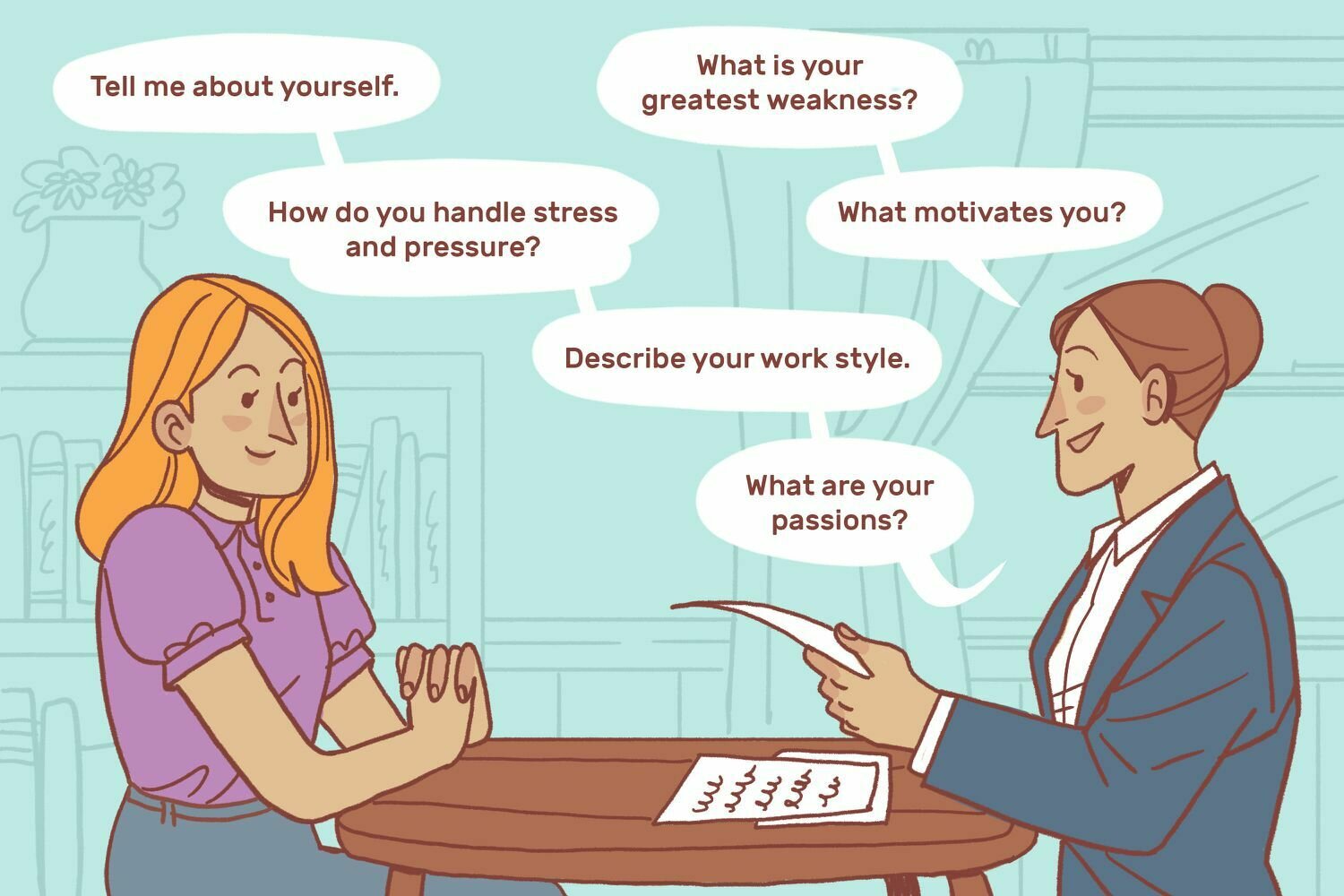


Kickstarter (Day 2)
How are your Media Literacy Skills? Can you spot Real versus Fake information online? Take the quiz to find out! (10min)

Afterwards, turn to a partner (2 or 3) near you and discuss how you did on the quiz. What were some of the features or content to look at to determine "real" or "troll" content? What is challenging or interesting about this type of literacy?
- Who is posting the content? Why?
- Identifying Sponsors, organizations, or other associations to determine legitimacy
- Are we dealing with objective facts or sensationalist claims? Can we identify moments of "phishing" and "clickbait" tactics on social media & websites?
- Posts/content that provoke or arouse the emotions could be suspicious.
- Bias is obvious, dramatic, and overexaggerated.
- Images could be controversial.
- Text could be designed in ALL CAPS or oddly phrased.
Could Digital/Media
Literacy be...

Media Literacy Questions
How do we respond to information we see in online spaces?

Getting Started...
Remember Literacy is a part of your writer's identity...
- Rules
- Expectations
- Experiences
- Competence in...
- An understanding of how BLANK works...
- An understanding of your audience
Right now what are the top 3 picks you are considering for the Literacy Narrative, the first essay prompt of this course? What would be the positives or negatives about these 3 topics?

- What is a moment that helps you define what "Literacy" is for you:
- An Event
- A Person
- A Hobby/Skill
- Experiences you've had
- Class from your past
- Memorable story, film, or trip that influenced how you communicate
- What is an artifact (e.g. website, photo, social media post, content) that helps show your literacy background?
The Literacy Narrative (Workshop)
In-Class: Literacy Narrative Workshop Ideas (15-20 minutes)
STARTING YOUR ESSAY:
- Hook and Opening - How do I want to draw the reader in? A story? A Description?
- I communicate this way...
- One of the most important times...
- Set-Up Words (e.g. Imagine... Did you know...)
- Place the reader in your shoes
- Learning to write effectively...
- Thesis Statement = What is the central statement in your Intro? What are you wanting to prove or want the reader to know?
The Literacy Narrative (Workshop)
Body Paragraphs (What Will I write? How will I organize my content?)
- Memory: How I got started with...
-
Literacy Skills:
- I want to explain ________ and there are three main ways.
- I'm good at _______ and it has shaped me all my life.
- I'm interested in ________ which is why I want to learn more about X, Y, Z.
- I Define Literacy as ________ and through my experiences I'll show why this is important.
- What's in my Paragraphs?
- Sensory Details, Cool Story moments, dialogue from mentors, teachers, teammates etc., events or concepts
- Do my topic sentences help organize my thought process?
The Literacy Narrative (Workshop)
Conclusions (How do I end this?)
- Restate your thesis statement or central point from the introduction.
- Highlight what stands out to you by the end of the piece.
- Give the reader a "take-away". This is where you ask the reader something new or present a new idea for them to think about after the piece has ended.
- Future Insights: Conclusions can also function as a "there's more to come story" - how will your literacy journey and writer's identity help you in future courses, career paths, or specialized interests?
- Literacy Definition
- Areas to write about
- Experiences to draw from
- Organization
- Examples to include to support your narrative.
YOU
- What's an early question you have for a classmate?
- The Writing Situation
- Content for their audience.
Others
Partner Share about Content
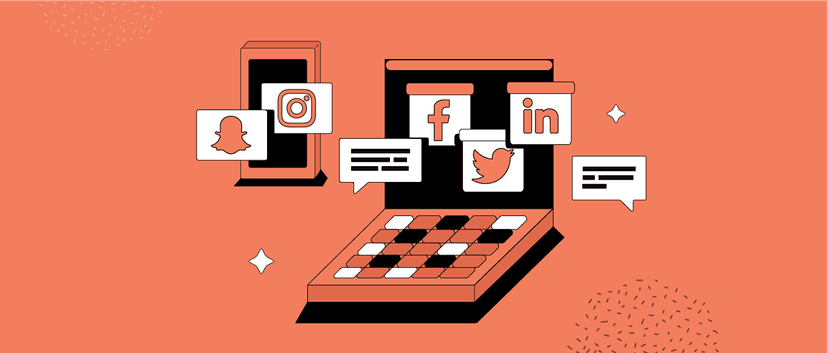
Kickstarter (Day 1)
"We write to think - to be surprised by what appears on the page; to explore our world with language; to discover meaning that teaches us and may be worth sharing with others... we write to know what we want to say" (qtd. in Stewart 169)
From Writing Scholar, Donald Murray
When was a time where you discovered a new skill or talent and what was the learning curve like? Why was it important to you or others? Did you have to help others understand this task or activity more?
Add as a comment to Week 2 Notes
-
Stewart's "Weaving Personal Experience into Academic Writing"
- How do you use "personal story as a "frame"
- How do you use a "personal story for context and situation"
- How do you use "personal story for an example, point of discovery"?
-
Ramsdell's "Storytelling, Narration, and the Who I am" Story
-
What are Ramsdell's 12 Steps to Writing the "Who I Am" Story?
-
Which of these steps stand out to you the most?
-
-
Lester et al. "We Write because we care: develop your writerly identity"
-
What is "writing for agency"?
-
What is "writing for resilience?
-
What is "writing for social engagement?"
-
How do we define our Writer's Identity?
- A set of rules that determines the correct/incorrect ways of performing a task.
- Shows we are familiar with the expectations and situations of a given activity.
- I possess a literacy in ________ because of X, Y, Z reasons and through my experiences it helps others.
- Literacy allows you to "get the job done" and to show responsibility and understanding within a task.
- Literacy is about both the WHAT and the HOW of a writing, communication, or technology-related task.
How do we define "literacy"?
Which statement works best for your experiences?
An example of literacy impacting our identity and futures...
What questions should you ask yourself about your own journey with literacy? What is a topic or experience that shows what literacy looks like for you?
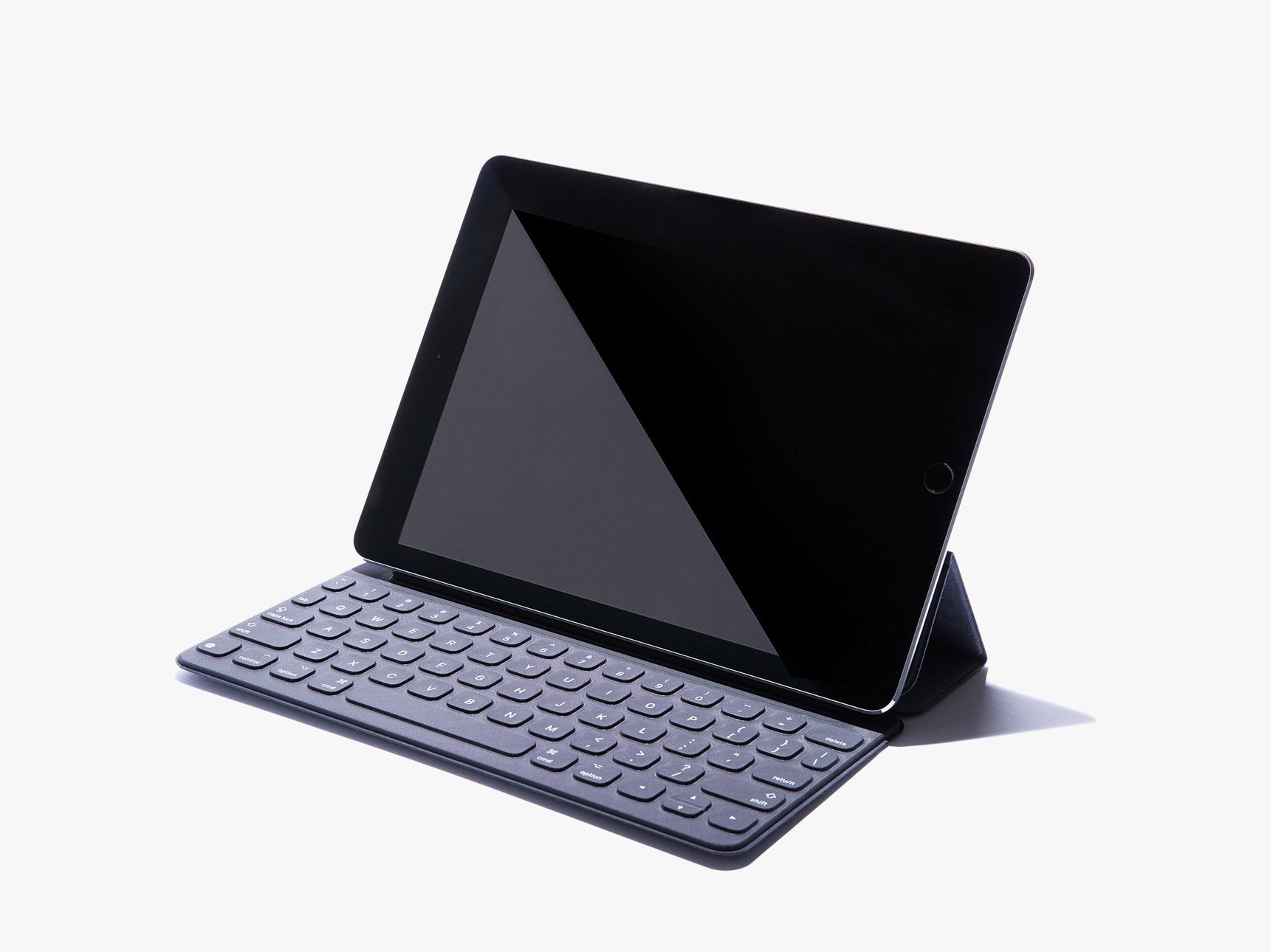
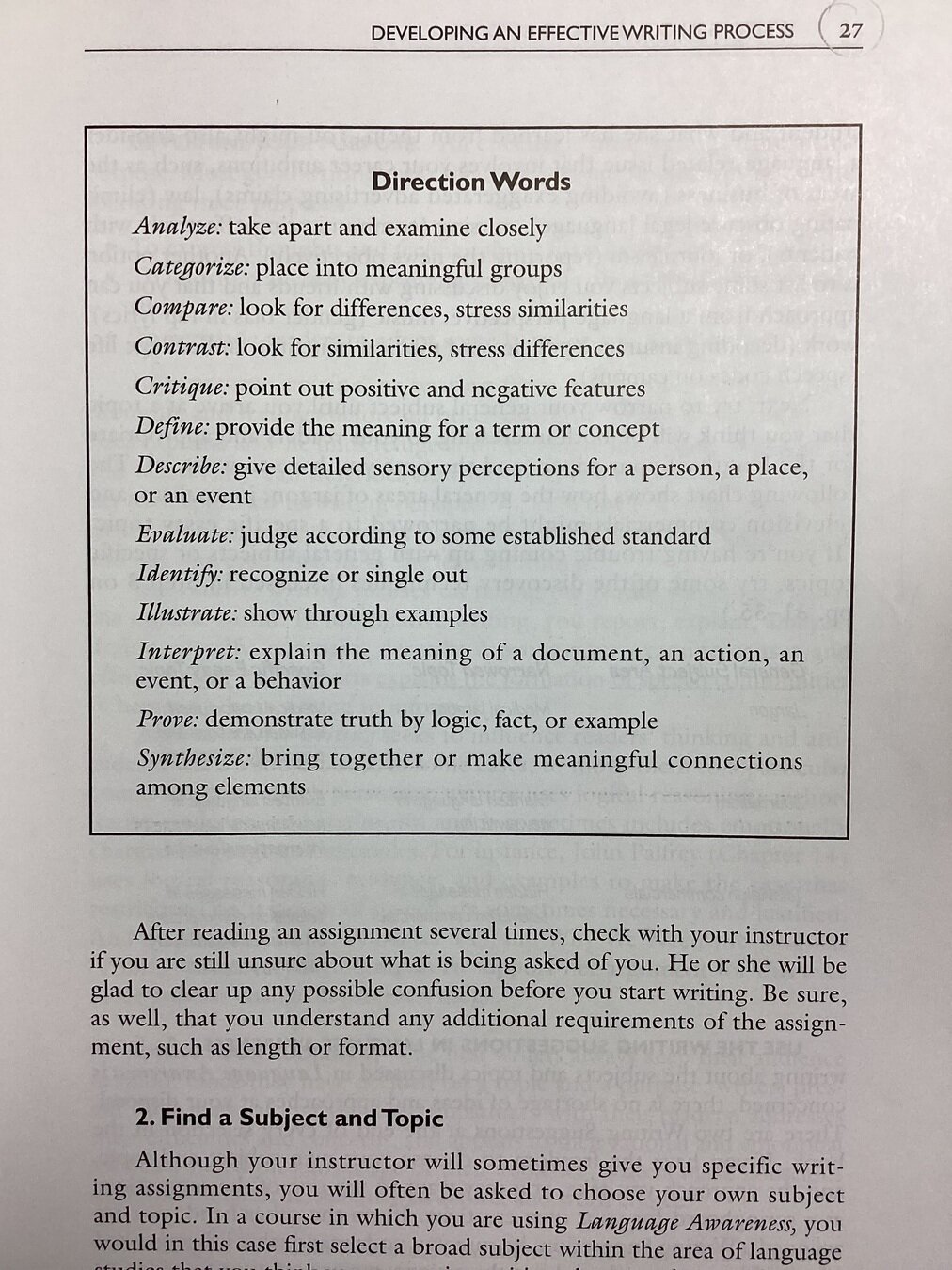
When reading and writing, use the following Action and Direction Words to change up what you do in your writing process.
How are you answering questions for your Audience?
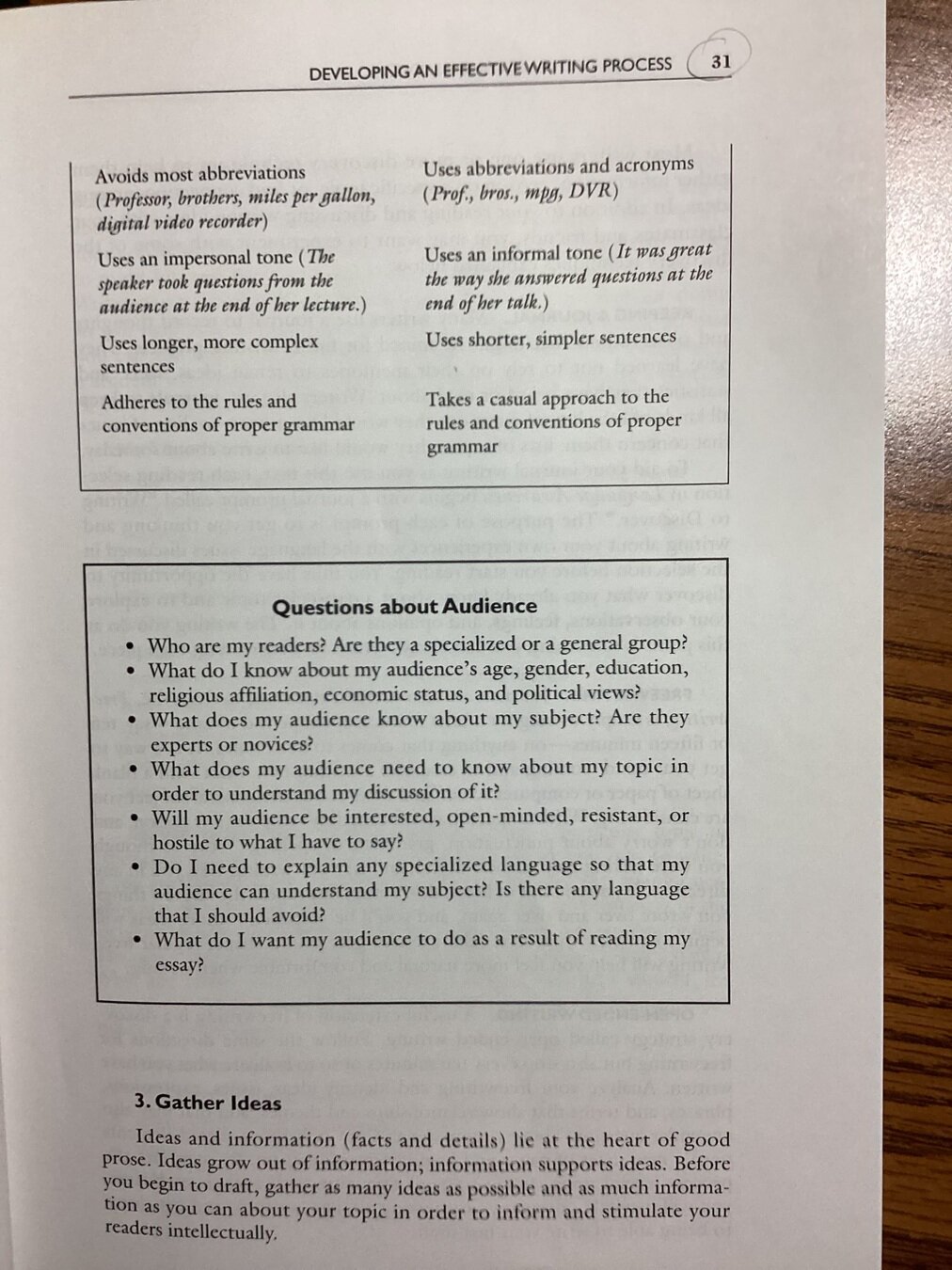
- When in your Groups, SHARE your opening Kickstarters within your group as part of the discussion - what did you choose to focus on for your literacy discovery or experience? Save these ideas for our workshop Thursday.
- Each group member contribute to ONE of the Writer's Identity Tasks within the Discussion Board prompt (shooting for around 200 words) connected to the readings. Report what the reading says about the task and then apply it to your own learning situation.
In-Class Week 2: Writer's Identity & Literacy
- What was your main takeaway from your selected reading that you worked on and applied to yourself?
- Thinking about your connection to the word "literacy", share with your group what this term means to you? Is it about reading or writing skills? Or, do you possess literacy skills in another skill, talent, job, learning discipline, or online/digital tasks?How did you develop your skillset and work towards your accomplishments in a hobby, activity, task?
De-Brief: Group Share Discussion


Writer's Identity, Narrative & Literacy
By codys
Writer's Identity, Narrative & Literacy
- 437





